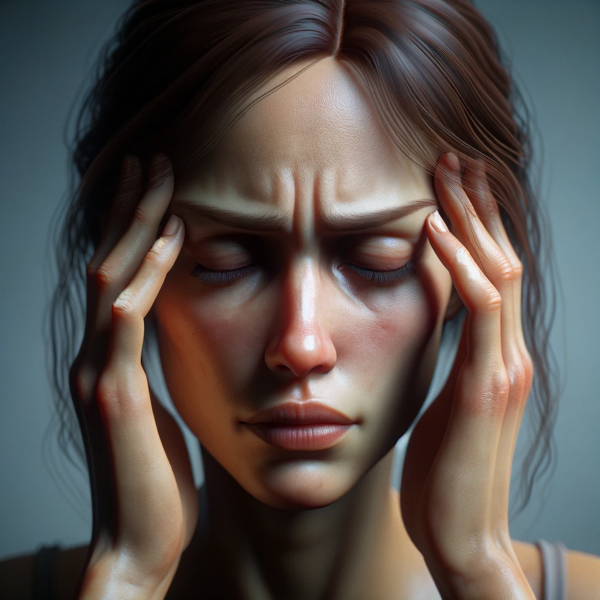Navigating the road to recovery after a concussion can be daunting, especially when dealing with post-concussive syndromes. In your search for holistic healing methods, you might consider acupuncture and Traditional Chinese Medicine (TCM). These ancient practices offer a unique approach to health, emphasizing the balance and flow of energy in the body, which can be particularly beneficial in treating the complex symptoms of post-concussive syndromes.

Understanding Acupuncture: Acupuncture, a key component of TCM, involves the insertion of thin needles into specific points on the body. This process is believed to stimulate the body’s natural healing mechanisms. For those with post-concussive syndromes, acupuncture can be particularly effective in alleviating headaches, dizziness, and sleep disturbances. It’s also known to help regulate mood swings and anxiety, common issues following a concussion. By promoting relaxation and reducing stress, acupuncture not only addresses the physical symptoms but also supports overall mental and emotional well-being.
TCM’s Approach to Concussion: Traditional Chinese Medicine views concussion as a disruption of the body’s natural balance and flow of Qi, or vital energy. TCM practitioners aim to restore this balance through various techniques, including acupuncture, but also through practices like Tai Chi and Qigong. These gentle movements are believed to enhance the flow of Qi, improving cognitive function and reducing symptoms like fatigue and headaches. TCM also focuses on the interconnectedness of the body and mind, offering a comprehensive approach to healing that addresses both the physical and psychological aspects of post-concussive recovery.
Herbal Remedies in TCM: In Traditional Chinese Medicine, herbal remedies play a crucial role in treating the symptoms of post-concussive syndromes. Herbs such as Ginkgo Biloba, known for improving cognitive function, and Turmeric, with its anti-inflammatory properties, are often recommended. TCM practitioners may also prescribe specific herbal formulas tailored to individual symptoms and imbalances. These natural remedies aim to reduce inflammation, alleviate headaches, and support overall brain health. However, it’s important to consult with a qualified TCM practitioner before starting any herbal treatment, as they can provide guidance based on your specific needs.
Lifestyle Adjustments According to TCM: Traditional Chinese Medicine advocates for a holistic lifestyle approach to aid in concussion recovery. This includes dietary adjustments, emphasizing whole, nutrient-rich foods that support brain health, like leafy greens, berries, and omega-3 rich foods. Stress management is also crucial; practices like meditation, Tai Chi, or gentle yoga can be beneficial. Adequate rest and avoiding overstimulation are key components as well. TCM stresses the importance of living in harmony with one’s environment and body, advocating for a balanced routine that supports physical, mental, and emotional health during the recovery process.
In conclusion, acupuncture and Traditional Chinese Medicine offer a profound and holistic path to healing post-concussive syndromes. For optimal effectiveness, consider acupuncture treatments 1-2 times a week for the first month, once a week for the second month, twice a month for the third month, and then monthly sessions thereafter. Always consult with a qualified practitioner to tailor the approach to your individual needs, and remember, your journey to recovery is a personal and holistic process.

